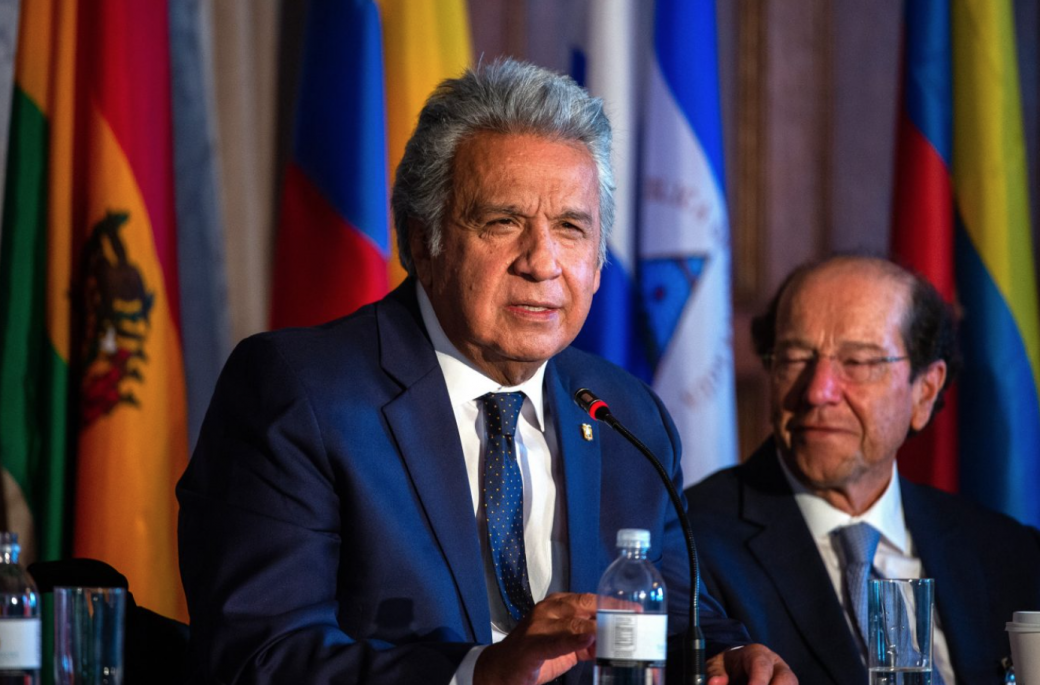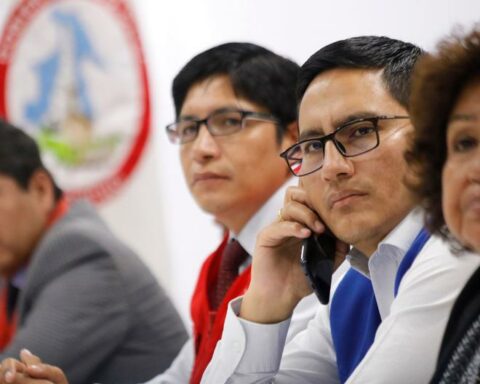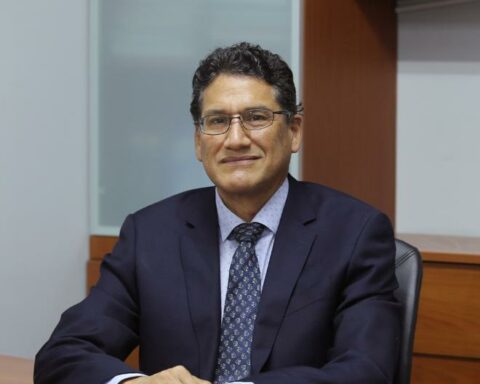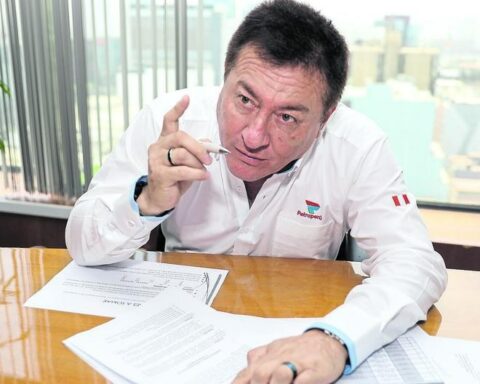The National Superintendency of Sanitation Services (Sunass) warned this Wednesday that since Congress a bill is being promoted that would cause an increase in water rates as well as a lesser distribution of this resource in cities.
Sunass announced that Congressman José Jerí Oré (We are Peru) has proposed the inclusion in the Budget Law 2022 of the transfer of the fund Remuneration Mechanisms for Ecosystem Services (MERESE-H) at the hands of the Ministry of Agrarian Development and Irrigation ( Midagri).
As explained by the regulatory entity, the resources obtained for the MERESE-H come from the water rates charged by the Sanitation Providers (EPS), so these cannot be used as ordinary resources for a ministry.
“Transferring EPS reserves to Midagri would harm the user population, since it would prevent the execution of prioritized projects to give sustainability to sanitation services and use the resource provided by users through their fee for the service for purposes different for which they were created. With the possible consequence of reducing water for cities and increasing costs“Sunass told this medium.
“Midagri, due to its competence, will prioritize water for irrigation or agriculture, not for human consumption, which is what users of sanitation services pay for”He added.
The president of Sunass, Iván Lucich, assured that the initiative has not been consulted with the regulatory entity and that it is promoted “without any reference to the current legal framework such as the Law that regulates the MERESE (Law 30215) and the DL 1280, Law Framework for the Management and Provision of Sanitation Services that regulates the Merese ”.
The head of the regulatory entity recalled that the MERESE-H in the sanitation sector not only seek the sustainability of sanitation services, but also connect the users of drinking water with the rural communities surrounding water sources and the driving groups, which allows managing conflicts over water.
“This work cannot be denatured and ignore the current commitments between the communities and the companies, nor the contribution of the users in order to sustain their sanitation service.Lucich pointed out.








